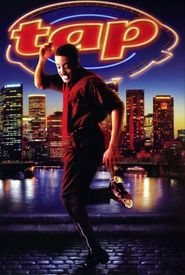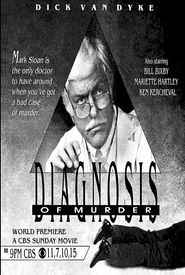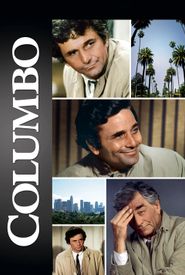Arthur Duncan's journey in the world of dance began when he was drafted into a dance team with two friends during his school days. Initially, he was hesitant, but his friends persisted, urging him to give it a try. Arthur eventually took to tap lessons and discovered a newfound passion.
For several years, Arthur worked in Australia, where he established himself as a popular performer. He was even offered his own TV show, but declined, feeling that he was too young and inexperienced to take on the responsibility. Instead, he continued to work regularly and enjoyed the opportunity to hone his craft. During his time in Australia, Arthur had the pleasure of meeting and working with Ken Delo, a fellow performer who would later join him on the Lawrence Welk show.
After returning to the United States, Arthur sought out opportunities to expand his reach. He asked a acquaintance in the industry to inquire about potential openings on the Lawrence Welk show. After a lengthy wait, he was invited to audition, followed by a few guest appearances. Arthur's impressive performances caught the attention of the show's producers, and he was eventually invited to join the cast during a run in Lake Tahoe.
The moment of truth arrived when Lawrence Welk took the stage, praised Arthur's popularity with the audience, and extended an offer for him to "join the Welk musical family." Arthur accepted, and thus began a decades-long tenure on the show, during which he became synonymous with his signature tap solos and energetic dance numbers alongside his fellow cast members.
It's worth noting that Arthur Duncan's addition to the show marked a significant milestone, as black performers were often met with resistance from TV audiences during that time. Lawrence Welk's decision to break the color barrier and feature Arthur on his show demonstrated remarkable courage and vision. Arthur's incredible talent, good humor, and pleasant personality won over both live and television audiences, cementing his place as a beloved member of the Welk family.






















